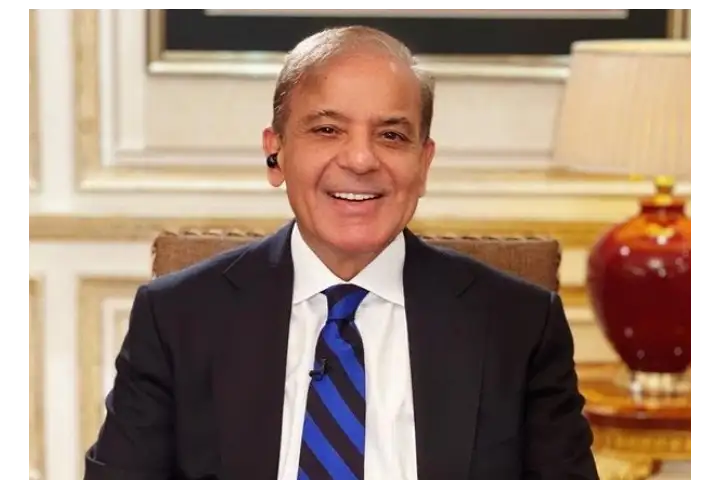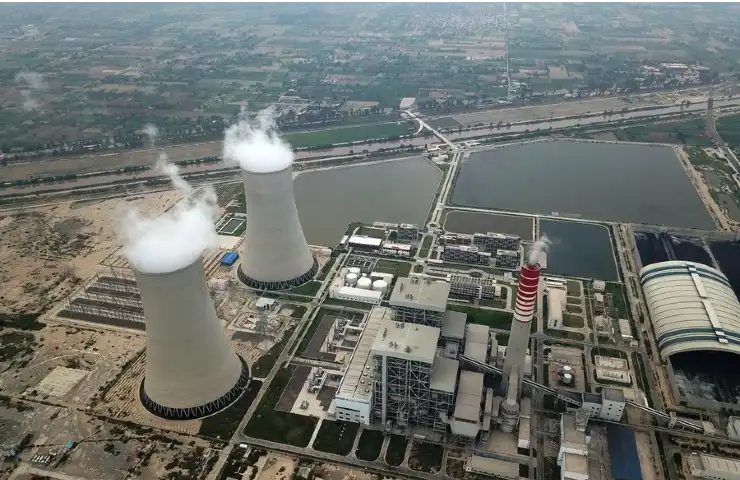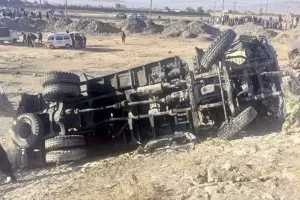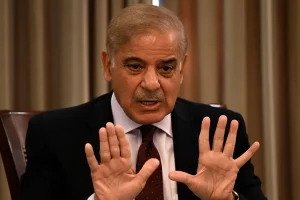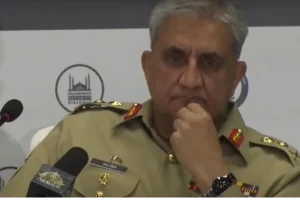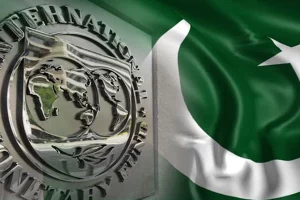For the cash starved Pakistan, which is negotiating with the International Monetary Fund (IMF) for financial assistance, a big ticket loan of about $8 billion from Saudi Arabia couldn’t have come at a better time. On one hand, concerns are rising in Pakistan over the stringent riders that IMF has attached and on the other China’s delay in coming forth with financial assistance have added to Islamabad’s problems.
“Despite claims and lapse of three crucial weeks, China has neither come forward with any help nor has the country rolled over its deposit/debt of almost $3 billion, despite its assurances and repayment,” the News said. China and Pakistan not only have strong bilateral ties but consider themselves natural allies and call themselves “iron brothers.”
In fact, Pakistani Prime Minister Shehbaz Sharif has already underlined the importance of timely execution of the much talked about China-Pakistan Economic Corridor (CPEC).
Abbas Mirza, governance and sustainability expert, in an opinion piece published in the News pointed out the not-so-happy similarities between the bankrupt Sri Lanka and Pakistan. Mirza also noted that China did not “come to save or bail out Sri-Lanka.”
Notwithstanding the strong China-Pakistan ties, Pakistani Finance Minister Miftah Ismail rushed to Washington to resume negotiations for financial assistance just after taking over.
However, an analyst told India Narrative that for China, Pakistan is of strategic importance. “China will not lose its focus on Pakistan..that’s also because it needs to balance India. So, we cannot equate other instances with the China-Pakistan one,” he said.
The IMF prescribed riders will also not be easy for Pakistan to implement. “These could pose problems for the new government as the reform measures will significantly push inflation..let us understand that Pakistan was left with limited choice given its current economic situation,” the analyst added.
The News published another report in which it said that the IMF introduces itself as a helping hand but goes on to colonise the economy. “It assumes the role of consultant with free advice, but makes sure that all ways lead to IMF or International Financial Institutions’ loans. Then the debt trap which paves way for the policy trap ultimately colonises the country without shooting a single bullet.”
The Sharif government has already indicated that fuel subsidies and several other exemptions will be rolled back.
Earlier this year, former Pakistan Prime Minister Imran Khan announced a Rs 10 a litre reduction in petroleum products. He also reduced the electricity rate by Rs 5 a unit.
Also read: Broke Pakistan gets $8 billion lifeline from Saudi Arabia
Is Pakistan getting rid of its China addiction by going ahead with IMF reforms?






